English | avi | H264 624×480 1350 kbps | AC3 2 ch 192 kbps | 11 hrs 45 min |+PDF GUIDEBOOK + AUDIOBOOK | 7.47 GB
eLearning | Course No. 4473
Classical Greek philosophers such as Socrates, Plato, and Aristotle are fine—if lofty thinking is what you want. But philosophy means love of wisdom, not love of thinking. What about solid advice on how to be a good father or friend; or how to grow old gracefully, or know what true happiness is? Where can you find philosophy that tells you not how to think well, but how to live well?
That practical philosophy can be found in the works of Marcus Tullius Cicero, Lucius Annaeus Seneca, Marcus Aurelius, Dio Chrysostom, and Plutarch of Chaeronea, among others. These Greeks and Romans of the early imperial period—from the 1st century B.C.E. to the 2nd century C.E.—devoted their lives not to metaphysics and epistemology but to the appreciation and practice of morality and virtue, values and character.
Philosophers Who Were Slaves, Politicians, Emperors
This is a course that offers some surprising ways to think about philosophy. One of the first is this: The modern counterparts of the Greco-Roman moral philosophers are such contemporary media self-help gurus as Dr. Laura Schlesinger or Dr. Phil.
Although we shouldn’t confuse or equate them with Cicero or Plutarch, Professor Johnson asserts that today’s media therapists do what their ancient predecessors did. They give us—in plain, straightforward language—rules designed to help us progress as people. The fact that the Dr. Lauras and Dr. Phils of today are so popular demonstrates how hungry we are for wisdom and self-knowledge, or at least something resembling them.
In addition, the Greco-Roman moral philosophers don’t fit our common notion that an ancient philosopher was someone who spent his time founding a school of thought or teaching in the academy. Cicero was a politician. Marcus Aurelius was a Roman emperor. Epictetus was a slave.
All, however, agreed on several essential features that defined philosophy:
– The core of philosophy is to pursue the answer to: How do I live well as a human being? It is how you act, not what you think, that is most important in life.
– Virtue and morality are the keys to living a good life. Philosophy should focus on ethics, courage, self-control, and the habits that will cultivate them.
– Philosophers should practice what they preach.
The last point was a crucial one. The philosopher was expected to exemplify the virtuous life for others. Failure to do so was considered the mark of a charlatan—a false philosopher.
In reality, the moral philosophers certainly had flaws. (Professor Johnson notes that each had a blind spot concerning his own particular vice. Seneca, for example, “liked a good drunk.”) However, many succeeded in being remembered for their characters and courage.
Cicero’s deep sense of civic duty, which spurred him to attack Marc Antony in the Philippics, ultimately cost him his life. And Marcus Aurelius’s pursuit of wisdom and dedication to the common good enabled him to personify, as much as any ruler in history, Plato’s ideal of the philosopher king.
Throughout this course, Professor Johnson reads liberally from primary sources. By doing so, he provides ample opportunity for you to hear the philosophers’ prescriptions for healthier living in their own words.
This is Cicero on something that he felt was of utmost importance in antiquity: friendship.
“Put friendship before all other things human, for nothing is so conformable to nature, and nothing so adaptable to our fortunes, whether they are favorable or adverse.”
—On Friendship
Here is Seneca on the value of time:
“We allow the cheapest and most useless things, which can easily be replaced, to be charged in the reckoning after we have acquired them. But we never regard ourselves as in debt when we have received some of that precious commodity, time. And yet time is the one loan we can never repay. Hold every hour in your grasp. Lay hold of today’s task, and you will not need to repent so much on tomorrow’s.”
—On Saving Time
Good Advice for Ancient Rome Is Good Advice for Modern America
Why are the Greco-Roman moral philosophers important?
For one thing, as you will learn, they might have become the most famous of all philosophers—ahead of Plato and Aristotle—if not for a quirk of fate.
For another, Professor Johnson maintains that we in America have much in common with the practical philosophers’ audience: the citizens of the Roman Empire. Like the Romans, we live as citizens of a superpower in a world where we are both loved and hated; we struggle daily with new and bewildering issues in our society, and we wonder how to live good lives when the world-at-large can seem so bad and so troubled.
Today, we have almost too much knowledge, Professor Johnson notes. What we need is wisdom, and that is what the Greco-Roman moral philosophers can teach. In the end, theirs may be the truest and best philosophy of all.
2 How Empire Changed Philosophy
3 The Great Schools and Their Battles
4 Dominant Themes and Metaphors
5 The Ideal Philosopher—A Composite Portrait
6 The Charlatan—Philosophy Betrayed
7 Philosophy Satirized—The Comic Lucian
8 Cicero—The Philosopher as Politician
9 Seneca—Philosopher as Court Advisor
10 Good Roman Advice—Cicero and Seneca
11 Musonius Rufus—The Roman Socrates
12 Dio Chrysostom—The Wandering Rhetorician
13 Dio Chrysostom—Preaching Peace and Piety
14 Epictetus—Philosopher as School Teacher
15 Epictetus—The Stotic Path to Virtue
16 Epictetus—The Messenger of Zeus
17 Marcus Aurelius—Meditations of the King
18 Jews Thinking Like Greeks
19 Philo—Judaism as Greek Philosophy
20 Plutarch—Biography as Moral Instruction
21 Plutarch and Philosophical Religion
22 Plutarch on Virtue and Educating Children
23 Plutarch—Envy, Anger, and Talking Too Much
24 The Missing Page in Philosophy’s Story
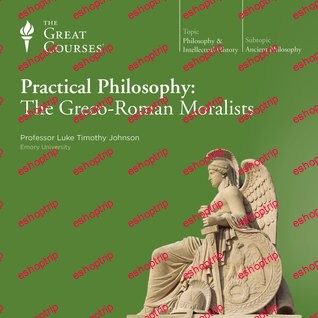
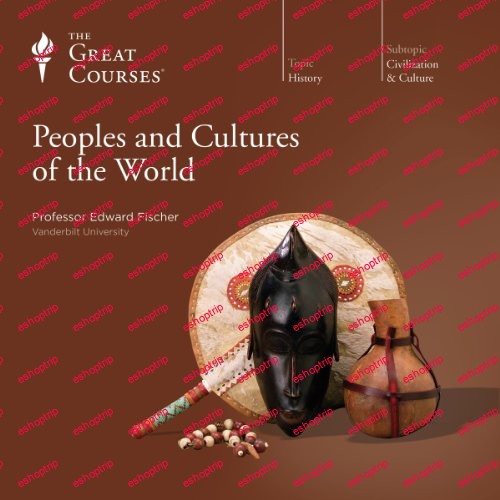


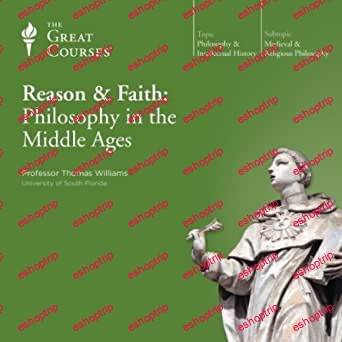


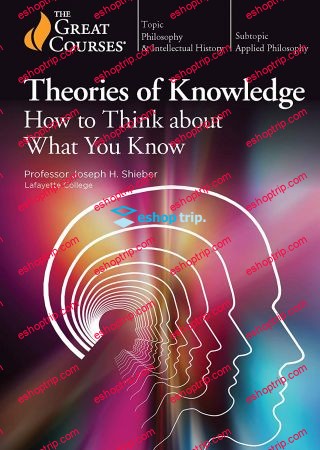
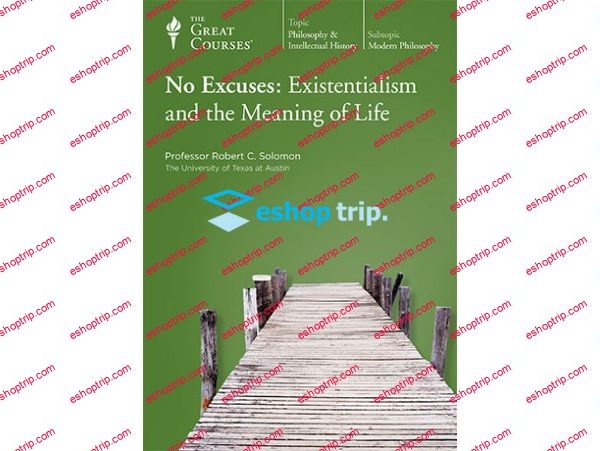

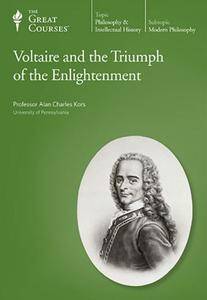
Reviews
There are no reviews yet.